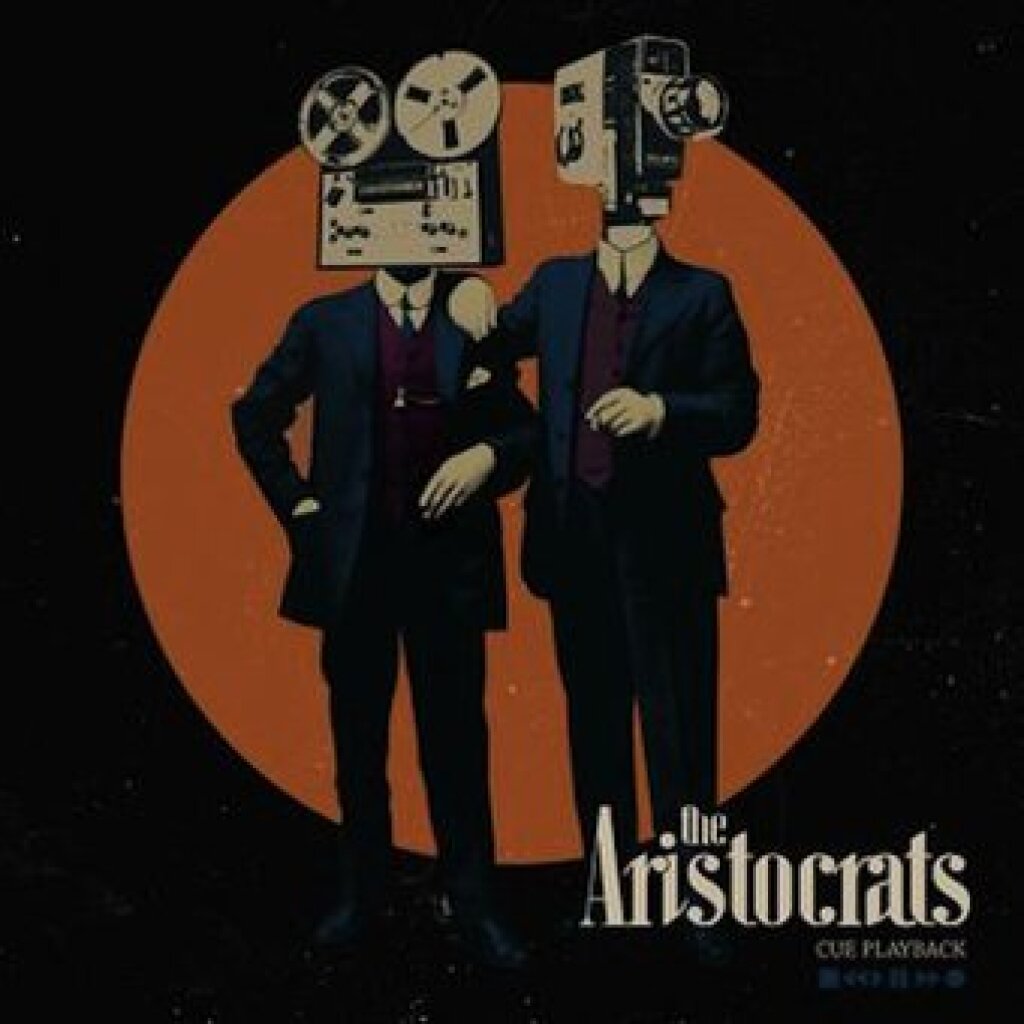William Pyle is the Frederick C. Dirks Professor of International Economics at Middlebury College.
Social psychology’s impressionable years hypothesis posits that events experienced in early adulthood, a time of great mental plasticity, have a disproportionate effect on attitudes later in life. Those who came of age in a region of the United States experiencing tough economic times have been confirmed, for instance, to be more supportive of government redistribution programs and left-leaning political parties later in life.
Rich ethnographic evidence points to a potential Russian analog. Among working-age — not just young — adults, life experiences in the years immediately before and after the collapse of the Soviet Union potentially shaped beliefs and values in an enduring way. At a time when so much was so new for so many, suffering acute hardship could become an experiential lesson, expressed as an abiding skepticism for the assumptions that animated Russia’s transition away from communism.
It is impossible to come away from reading personal accounts of those years — for example, in the ethnographic research of Nancy Ries or Olga Shevchenko or the oral history of Svetlana Alexievich — without an appreciation for their emotional weight and lasting influence. Russia’s leaders have understood as much.
Vladimir Yakunin, a long-serving official in Vladimir Putin’s government, recently ventured in his memoir that “someone who does not make an attempt to comprehend Russia as it was then … will, I think, struggle to understand much about Russia as it is now.” And Putin himself, in a widely remarked-upon address to the Federal Assembly in 2005, described the years around the Soviet collapse as, in effect, a crucible, transforming Russians’ life experiences into enduring values.
A large-scale survey of the Russian population conducted by the European Bank for Reconstruction and Development in 2006 both inquired about economic and political attitudes and asked retrospective questions relating to life experiences since 1989. It thus allows for the first systematic study of the linkage between Russians’ individual experiences during the late-Gorbachev and early-Yeltsin years and the beliefs and values those same individuals espoused in the Putin era.
Controlling for a rich array of personal characteristics, including multiple dimensions of current economic status, I observe in these survey data that those Russians who suffered more acutely from labor market hardships (e.g., wage cuts and arrears, and involuntary unemployment) during the “impressionable years” of 1989 – 1994 were more apt in 2006 to express opposition to the values that had propelled their country’s transition away from communism. Instead, they expressed greater affinity for what might be termed, for shorthand purposes, “Soviet values:” skepticism of free markets and democratic politics, less tolerance for economic inequality, and greater support for government-led redistribution.
While certainly suggestive, conditional correlations of this sort are not evidence of a causal relationship. One might postulate, for instance, that they reflect a kind of recollection bias. It is well known that soon after the turn of the century, pro-Putin elites began using the 1990s for political purposes as a kind of foil, referencing it as a single decade synonymous with disorder and collapse. It may not seem unreasonable then that Russians convinced by this framing may be more apt both to embrace “Soviet values” and to exaggerate the economic hardships of the pre-Putin years.
The empirical relationships that I observe, however, are unlikely to reflect this rhetoric designed to distinguish the Putin era from the decade preceding it. Only labor market hardships prior to 1995 are strongly correlated with “Soviet values” in 2006, not those from the mid-1990s forward. It is as if the lived experience from 1989 to 1994 – a period that, notably, witnessed the single largest half-decade drop in life expectancy of any non-developing country over any half-decade since 1960 – left a uniquely indelible imprint.
Individual labor market experiences during the “impressionable years” in other post-Soviet states do not map clearly on to personal values and beliefs in 2006. Russia is unique in this respect. Although a puzzle for which there may be no definitive answer, it is not implausible that the combination of individual labor market hardships and the dissolution of the Soviet Union was uniquely impactful for those living in the country in which communism first took root.
Russia, after all, occupied a privileged position in the Soviet Union, and its citizens, moreover, tended to identify more with the Union than with their own republic. Already at the end of 1994, 75% of Russians surveyed by Yuri Levada’s polling agency believed the Soviet Union’s dissolution had brought about more harm than good; only 8% felt the opposite to be true. As the Soviet external and internal empires dissolved, Russians may have been particularly prone, if confronted by acute material hardship, to grab hold to “Soviet values.”
Though Russia in the twenty-first century has become increasingly authoritarian, a not implausible case can still be made that the beliefs and values of its citizenry continue to shape its trajectory. Some attribute Russians’ political and economic attitudes to features of national culture pre-dating the twentieth century, whereas others emphasize the communist experience.
I argue that Russians’ worldview in the Putin era derives, at least in part, from the lived experience of the years just before and after the Soviet Union’s collapse. The late 1980s and early 1990s ushered in massive changes in the rules governing social organization and, for many Russians, life took a dramatic turn for the worse. That their circumstances during those extraordinary times shaped enduring beliefs as to the building blocks of a good society appears to be reflected in the survey data discussed here and is consistent with research on the lasting effects of economic hardships in other contexts.



